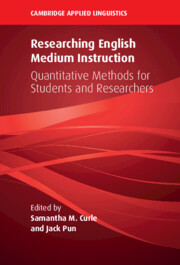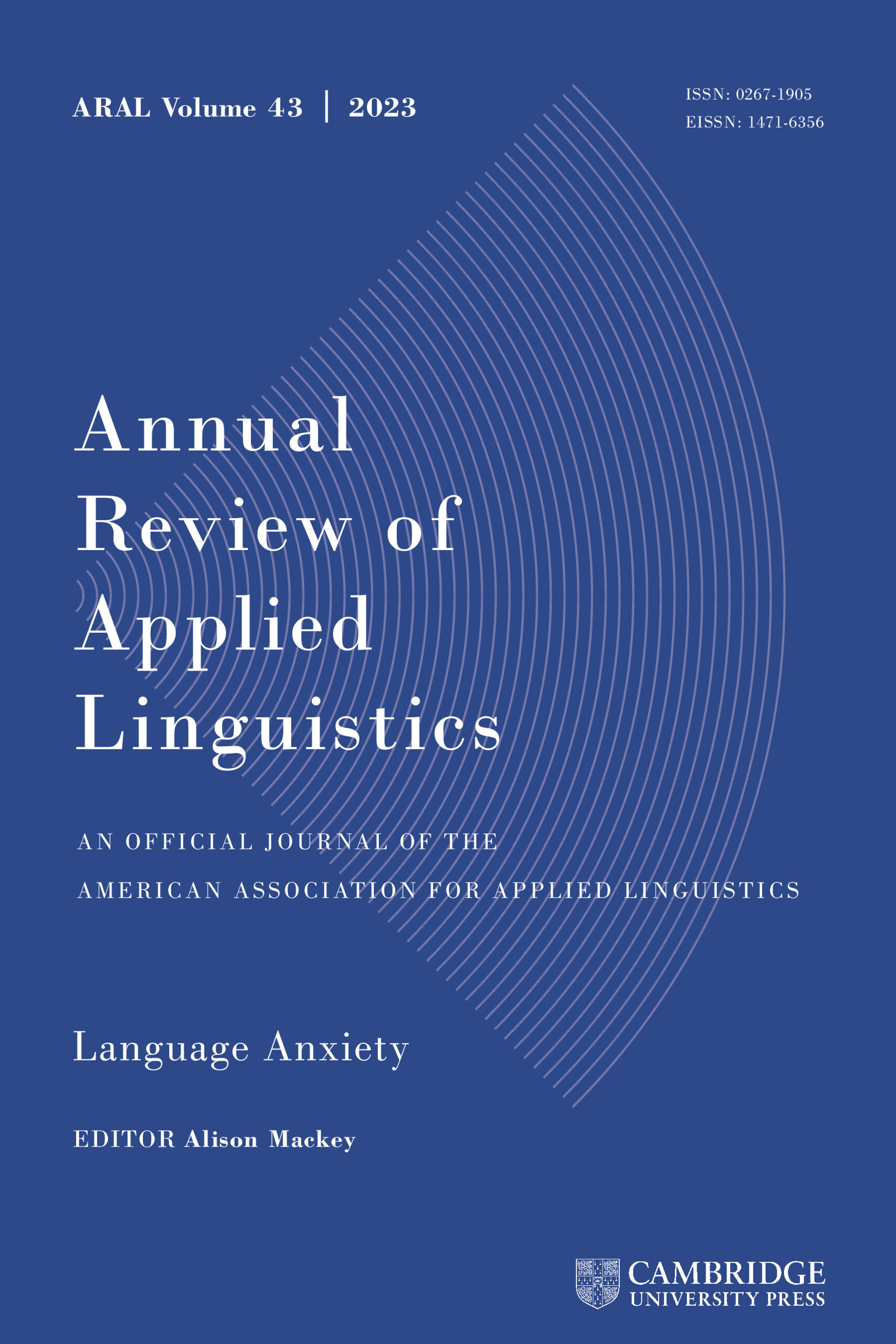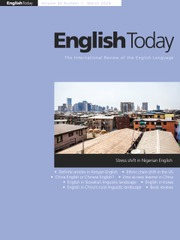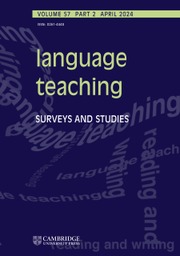Researching English Medium Instruction
In the rapidly evolving landscape of English Medium Instruction (EMI), the need for comprehensive research methodologies has never been more pronounced. This pioneering guide offers an in-depth exploration into quantitative research methods tailored specifically for EMI. Going beyond the surface, the volume bridges the cultural divides of East and West, ensuring that insights are inclusive of diverse educational levels, settings, and backgrounds. Whether you're an academic researcher, a policy-maker, or an educator in the field, this book serves as an invaluable resource. Not only does it fill a notable gap in the literature, it also presents readers with practical, adaptable research strategies that can be employed globally, and is illustrated with a range of case studies that bring the methods to life. Understand the nuances of EMI across different contexts, and equip yourself with the tools needed to contribute meaningfully to the discourse on global EMI practices, challenges, and solutions.
- Discusses current significant themes within EMI research and explores the quantitative research methodologies used to investigate those themes
- Introduces different quantitative methods step-by-step for studying and researching EMI, illustrated with theoretical and case studies
- Clarifies research issues and offers practical tools to facilitate the effective exploration of EMI practices in a wide range of classroom contexts
Reviews & endorsements
'All those interested in carrying out quantitative research in EMI settings should pay careful attention to this book, as it will turn out to be most inspiring and practical. Why? Because the contributors have successfully managed to lay the ground for cogent research designs by neatly putting forth how different types of quantitative research tools can be effectively implemented and how potential challenges can be overcome.' David Lasagabaster, Full Professor of Applied Linguistics, University of the Basque Country UPV/EHU
'This book is a seminal work in the field of English Medium Instruction. With each chapter offering a unique perspective on a different quantitative approach, the book serves as an invaluable guide for those engaged in EMI research and beyond.' Angel M. Y. Lin, Chair Professor, Education University of Hong Kong
'This volume is a welcome addition to the expanding body of EMI research. The methodological toolkit offered by the contributing authors plugs a valuable need to measure the effectiveness of EMI interventions across multiple educational settings. EMI practitioners, researchers, and policymakers will benefit immensely from the book's insights.' Peter De Costa, Professor of Applied Linguistics and Teacher Education, Michigan State University
Product details
December 2024Adobe eBook Reader
9781009425384
0 pages
This ISBN is for an eBook version which is distributed on our behalf by a third party.
Table of Contents
- An introduction to researching English medium instruction using quantitative research methods Samantha Curle and Jack Pun
- Part I. Theoretical Chapters:
- 1. Mathematics and Science learning in primary and secondary school EMI classrooms: evidence from PISA and TIMSS Sibel Kaya
- 2. Investigating differences between groups: using anova in EMI research Gene Thompson and Victoria Kim
- 3. The use of Likert-type scales in survey research examining students' attitudes and challenges in English-Medium Instruction (EMI) in Hong Kong Christopher Shepard
- 4. Using systematic review to explore teaching and learning issues in the context of English-Medium Instruction (EMI) Jack Pun and Kason Ka Ching Cheung
- Part II. Empirical Chapters (Case Studies):
- 5. The application of PLS- Structural Equation Modelling in studies of English-medium instruction: an empirical demonstration and application prospect Chia-Wei Tang, Yu-Hui Chang, Dale Albanese* and Hsueh-Hua Chuang
- 6. Factor analysis in writing research: investigating grammatical complexity in science writing from EMI students in a Hong Kong university Ge Lan and Xiaorui Li
- 7. Analyzing questionnaire data through many-facet rasch measurement: a pilot study of students' attitude towards EMI in Chinese higher education context Jie Gao
- 8. Questionnaire development and analysis in EMI research: a study of EMI learner motivation and attitudes Xuyan Qiu, Rui Yuan and Tiefu Zhang
- 9. Effects of EMI on learners' linguistic development: a corpus-based analysis Peng Bi and Yujun Liu
- 10. Path analysis of science learning in EMI secondary schools Xina Jin and Jack Pun
- 11. Conducting EMI research using survey method: the case of measuring effectiveness of collaborative writing activities on online student engagement Qianwen Joyce Yu
- 12. The use of manova in analysing the effects of gender on perceived difficulties in speaking and writing in a Hong Kong English-Medium Instruction (EMI) university Kason Ka Ching Cheung, Jack Pun and Yu Hao
- 13. Using a longitudinal quantitative design to investigate student transition from secondary school to EMI higher education Sihan Zhou
- 14. Multidimensional analysis of EMI university classroom discourse: the case of Singapore Eniko Csomay, Reka R Jablonkai and Siew Mei Wu.





